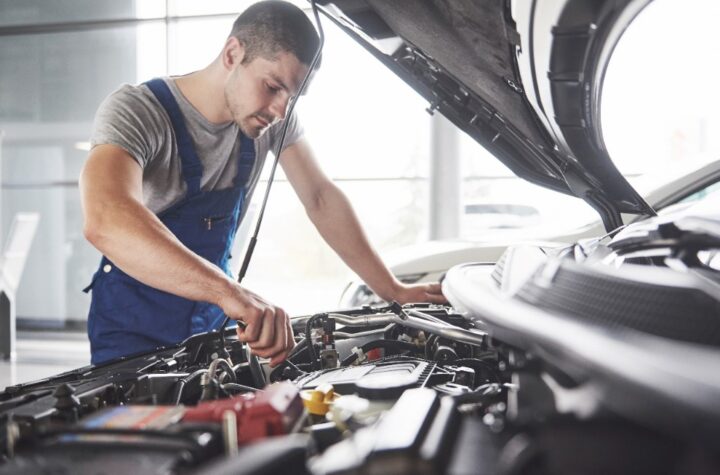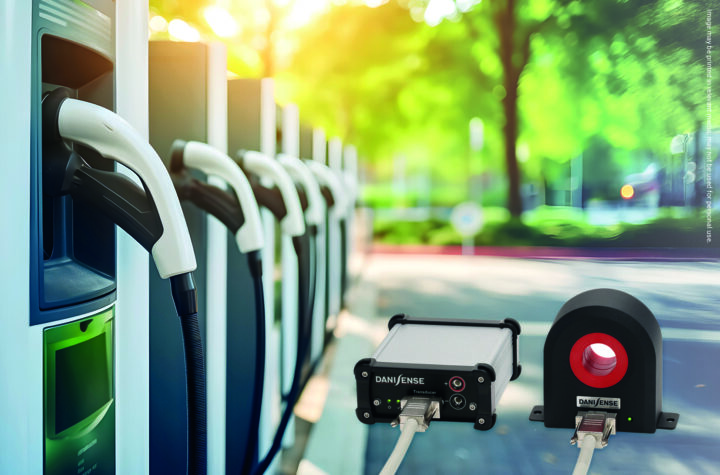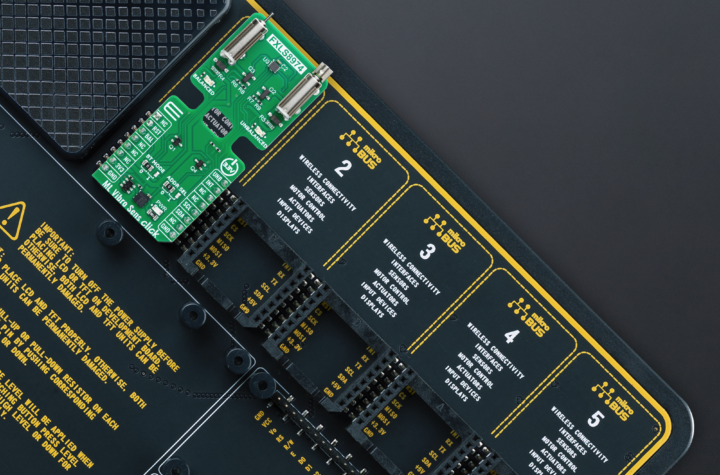
Czech exports help drive the auto industry
With a history that dates back to 1862, this group is represented in seven cities throughout the Czech Republic, and has built its good name over the last 10 years around the world, mainly in the automotive industry.
In 1995 Brano had no exports. “I guided the firm towards exports and the automotive industry, as I saw good prospects there,” recalls the company’s general director, Pavel Juříček. Under his leadership, Brano Group achieved sales of CZK 4.2 billion last year, nearly 70% of which came from 54 countries around the world. Juříček says that the reasons for the expansion abroad are clear: “The Czech Republic is very small. It’s not enough to manufacture here for only 700,000 cars. If you want to stay competitive, you have to operate globally.”
So the group started focusing on automakers around the world with products such as pedals, car lifts, and door systems. Today its customers include firms like Volvo, Ford, GM, Opel, and Peugeot. Its largest customers are in western Europe and North America, but the markets in China, South Africa, and Malaysia are also promising. Brano Group’s head sees potential for success mainly in his firm’s research and development capabilities. “These capabilities are at a very high level. 150 of our 2,300 employees work in R & D,” notes the general director.
Another of Brano’s virtues is its flexibility, but according to Juříček, this is endangered by factors like the rigid labor code. “In view of clear threats posed by countries like Romania, Bulgaria, and Turkey, the Czech Republic isn’t a particularly advantageous country in terms of labor costs,” he points out. “So we have to compensate for competitors’ lower costs with greater flexibility,” says Juříček, according to whom similar barriers are forcing many firms to move their production facilities elsewhere. He is also considering moving some of the production to neighboring Slovakia.
On the other hand, Juříček is pleased that all administrative export barriers have been de facto eliminated recently. “In the past it was very hard to do business outside our borders, and the amount of administrative barriers were unbelievable,” he recalls. “For example, customs offices were open only until 2 pm on Fridays, which is a problem when you work through the weekend and need to supply an automaker. But that’s history, and now the only barriers are within ourselves,” says Juříček, alluding to the opening of trade with EU countries.















More Stories
Easy Car Maintenance Tips to Prevent Accidents Due to Malfunctioning Parts
Exploring the Best 2024 Jeep Gladiator Add-ons for Performance and Style
Maximizing Tire Life with the Right Air Pump for Car Tires